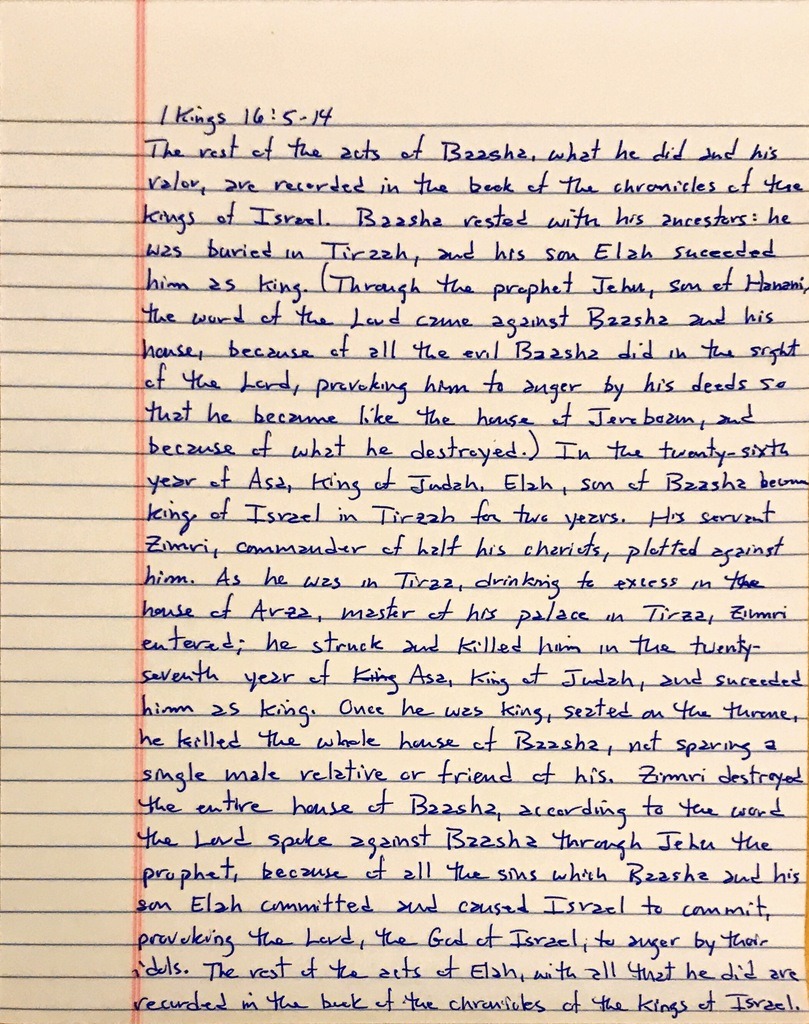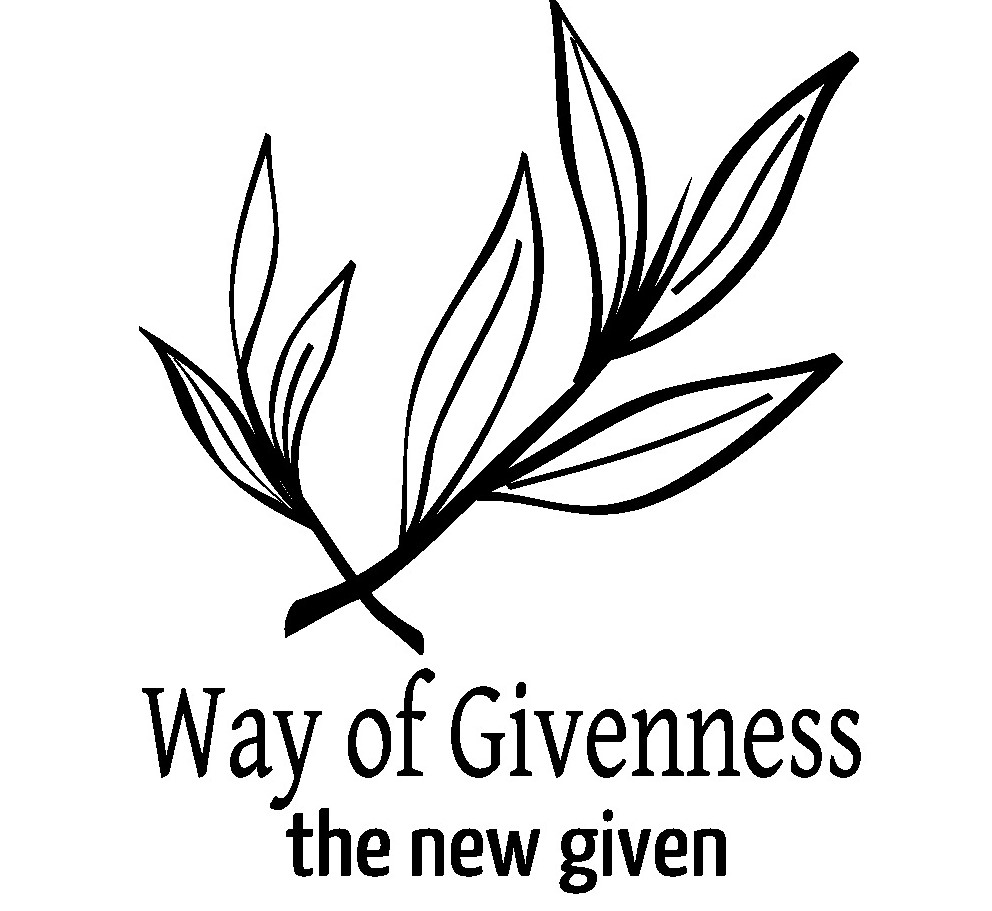
Zimri’s Thirst for Power

Synopsis 1Kings 16:5-14 5/23/2019
King Baasha ruled the Israelite tribes in the north for twenty-four years. And then, he died. After his death, he was succeeded by his son Elah.
King Elah ruled for two years. Among his staff, he had a military commander named Zimri. And Zimri held a critical position. In fact, he commanded half of Elah’s chariots.
Zimri secretly plotted against Elah. So, one day when he found Elah drunk, he killed him. Not only did he kill his king, but he also killed all of the king’s family and even his friends.
Tragically, Zimri’s violent destruction of Baasha’s family fulfilled the prophecy of Jehu the prophet.
Zimri’s Thirst for Power
The desire to have unnatural power over other human beings is infantile.
Zimri sought power. And, once he had the extraordinary power of kingship, he wanted to make sure that no one could ever take away. And so, he killed an entire family of people simply because one of them might have a competing claim for the throne.
Thirst for Power
Children grow from total dependency to full maturity over a number of years. And along the path to maturity, there are waypoints that we pass through. As infants, we start with a worldview with the viewpoint of total expectation. We need a world that supplies our needs. It doesn’t matter if we understand the world. And it doesn’t matter if we serve the world.
The mere fact of surviving infancy is good. But the process leaves us in the position of perpetual expectation. If, as an infant, someone has always served my needs, then my natural expectation is that someone always should serve my needs.
And so, as I began to form understanding, I learned to do things. I learned to feed myself. And I learned to tie my own shoes. But, unless it’s worked out of me with deliberate training, I tend to retain the belief that someone else ought to be supplying all my needs.
And if I believe that someone else ought to be supplying for my needs, then I will feel justified in using my newfound skills to ensure they do. Social norms have a way of bending behavior temporarily. But if a person enters adulthood retaining this belief, the social norms that bend behavior will have less effect.
And it shows up in the attitude of wanting to rule rather than wanting to serve.
“When I was a child, I used to talk as a child, think as a child, reason as a child; when I became a man, I put aside childish things.” 1Cor 13:11

